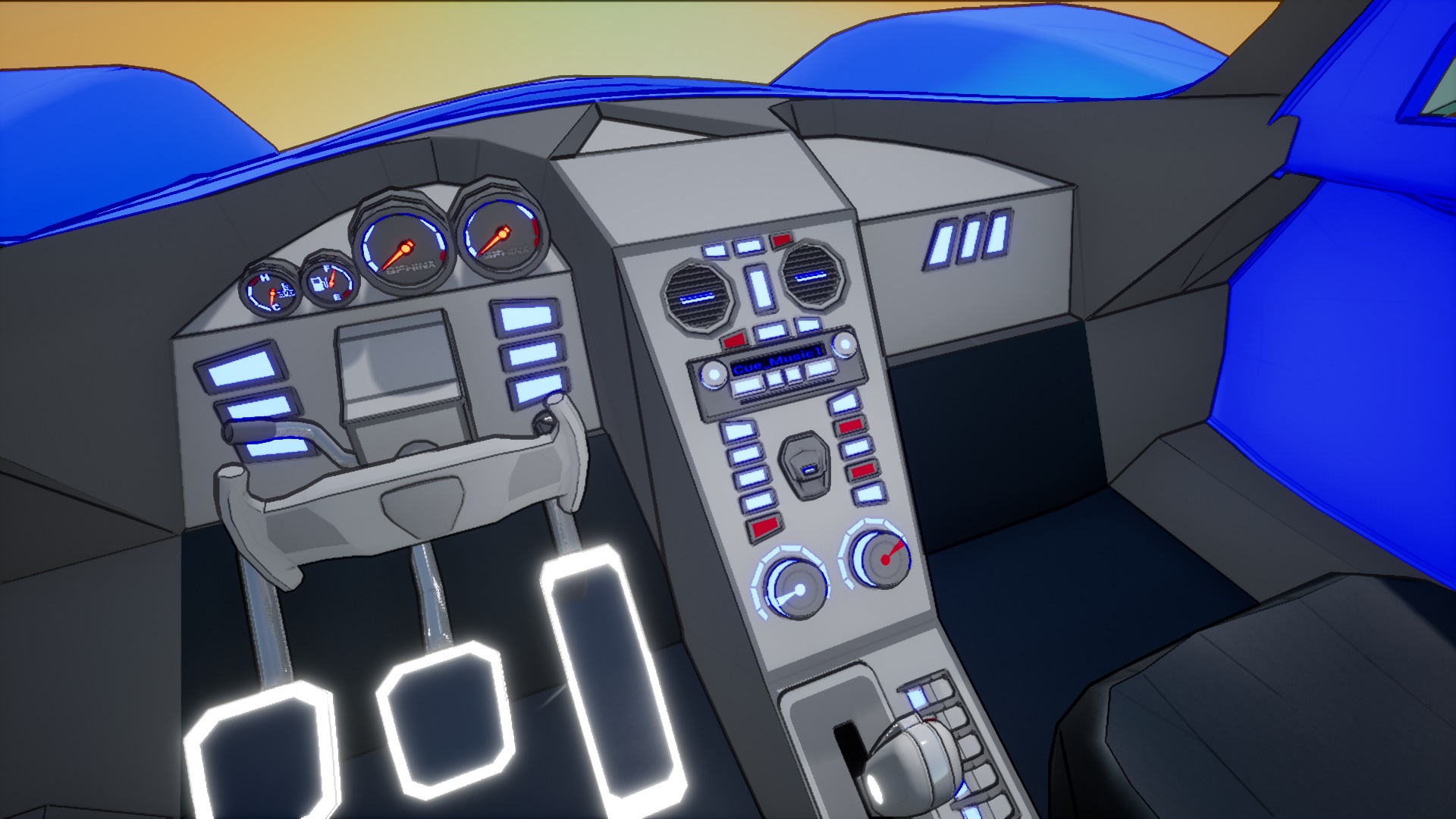


Today, however, VW is far from alone among major automakers interested in the technology - some of its leading global rivals, including General Motors, Hyundai and Toyota, all hope to capitalize on the future of urban transit. This VW Hover Car Concept is the result of Volkswagens interesting approach to engaging its fans into an idea-sharing dialogue through the Peoples. Volkswagen Aqua all-terrain concept hovercar designed by Chinese graduate A concept vehicle capable of crossing almost any terrain has been dreamed up by Chinese graduate Zhang Yuhan as part of a. The car was powered by minerals underground, which was the brainchild of a girl in china. The world’s largest country - and car market - now accounts for the largest share of VW sales.įlying cars, of course, have been a subject of the imagination for decades, but the possibility became more realistic as battery technology accelerated and a handful of startups and aerospace companies started building prototypes. The video below shows a VW flying tow-seater zipping through Beijing. Volkswagen said it is particularly interested in the technology in China, where VW has taken over a pair of automotive joint ventures as Beijing relaxed its requirements on foreign car makers. The executives indicated the company is exploring possible partnerships - and vehicle concepts - for a drone that could be licensed as urban aerial transit becomes a reality. In a post on LinkedIn, CEO Herbert Diess and Stephan Woellenstein, the head of VW’s China operations, discussed how “vertical mobility” could be part of its future - that is, “flying cars.” Volkswagen is in the midst of a dramatic, expensive transformation into a maker of electric vehicles in the wake of stricter emissions requirements and the global scandal over its rigging of diesel systems.īut company executives are reportedly already looking beyond the shift to battery vehicles - and even beyond emerging self-driving technologies. Company executives are exploring possible partnerships - and concepts - in China.


 0 kommentar(er)
0 kommentar(er)
